Reporter: Sir, after more than 5 years of implementing the "One Commune One Product" (OCOP) Program, what outstanding results has Nghe An achieved? Could you share some of the latest results with readers?
Mr. Le Van Luong: The OCOP program has become a widespread movement and has a strong influence throughout Nghe An province, creating a driving force to promote endogenous rural economic development and increase value. Currently, Nghe An province has nearly 730 OCOP products with 3 stars or more with 438 subjects, of which 2 products have 5 stars and 45 products have 4 stars. Nghe An is the second province in the country in terms of the number of recognized star-rated products (only after Hanoi).

There are currently 230 subjects participating in the program, including enterprises, cooperatives, and production and business households. Of which, cooperatives account for about 38%, showing the increasingly clear role of the collective economy in this program. A notable point is that more than 65% of OCOP products have completed packaging, labels, traceability and registered trademarks. This not only meets market requirements but also affirms professionalism and methodical product development. Nghe An is a province with a large area, diverse terrain, long-standing production practices, especially rich in indigenous resources and culinary culture. This is a favorable condition for building OCOP products with clear regional identities, from coastal plains to highlands. Thanks to that, Nghe An OCOP products are very diverse, including processed foods, beverages, herbs, handicraft products...
The impact of the OCOP program on the rural economy is very clear. First of all, the program helps increase the value of local products, create thousands of jobs and increase income for thousands of people. Many models have shown the ability to apply science and technology to deep processing and preservation, while increasing productivity and product quality. On the other hand, linking products with indigenous culture and community tourism also creates great spillover value, promoting overall development in rural areas.
Reporter: Nghe An is implementing the policy of developing clean and organic agriculture. So how has the OCOP program been adjusted to adapt to the trend of clean production and development along the value chain?
Mr. Le Van Luong: We clearly define that OCOP is not just a product, but a commodity associated with the ecosystem of production, processing, distribution and consumption. Therefore, from 2023 to now, the province's orientation is to promote clean production, with certification (VietGAP, organic, GlobalGAP...) for input materials, combined with food safety standards in processing, packaging and transportation.

At the same time, we pay special attention to value chain development. We encourage OCOP entities to build concentrated raw material areas, link with service cooperatives, and have consumption contracts with commercial organizations or e-commerce platforms. This is a mandatory direction to ensure product sustainability and competitiveness. The province is also promoting the development of an OCOP product area map, helping with reasonable planning and improving management efficiency.

PV: With the increasingly strict market trend, especially in e-commerce and export, how do you evaluate the important notes for current OCOP producers and the development orientation of Nghe An's OCOP program in the coming period?
Mr. Le Van Luong: It can be said that the OCOP program cannot develop sustainably if it does not adapt to the increasingly high demands of the domestic and international markets. Therefore, we have set out 3 key points to note and also 3 main axes in the development orientation in the coming time.
Firstly , OCOP entities must strongly shift from small-scale production thinking to market thinking. Each OCOP product needs to be invested in thoroughly, not only in quality but also in design, product story, brand recognition and especially traceability. Ensuring food safety standards, organic standards or VietGAP is a mandatory condition if you want the product to exist for a long time and reach out to larger markets such as supermarkets, e-commerce platforms or exports.
Second , OCOP development must go hand in hand with building a closed value chain. That means from raw material areas, processing, packaging, distribution to consumption must be organized systematically, with close links between farmers, cooperatives, businesses and scientific and credit organizations. OCOP products need to have a "green address" - a clean production place, with a clear and environmentally friendly growing area. The province's orientation is to gradually build a digital map of OCOP raw material areas and support subjects to apply digital technology throughout the chain.

Third , the long-term orientation is to link the OCOP program with rural tourism development and sustainable rural economic development. Each OCOP product not only brings economic value but also needs to reflect regional cultural identity, be a bridge between agricultural products and tourism experiences, contributing to the elevation of advanced and exemplary new rural areas.
Nghe An province is perfecting the support mechanism for OCOP subjects not only in production but also in trade, communication, and market promotion. We identify this as a sustainable and long-term rural economic development program, requiring the synchronous participation of the entire political system, business community, and people.

Reporter: Can you share some typical models in the province, clearly demonstrating the OCOP development orientation towards clean production and value chains?
Mr. Le Van Luong: We can mention some typical models: Products of Pu Mat Medicinal Materials Joint Stock Company, Spirulina algae in Quynh Anh commune are produced in a closed system using modern biotechnology, traceable origin, meeting food safety standards and export potential; Van Phan fish sauce (Dien Chau): building a clean anchovy raw material area, processed using traditional methods combined with modern technology, has 4-star OCOP certification and is promoting export. In addition, Shan Tuyet tea products, Que Phong golden flower tea, Nam Dan veal sausage, Minh Sang tea, Que Bac lotus tea, Phu Quy medicinal materials, Duc Phong bamboo and rattan weaving, Kim Nhan oranges, etc. These models all have in common that they associate products with indigenous cultural values, have modern technical and management support, especially the application of digital technology.
Reporter: Thank you!
Source: https://baonghean.vn/ocop-nghe-an-phat-trien-ben-vung-gan-voi-chuoi-gia-tri-va-san-xuat-sach-10302541.html


![[Photo] Immerse yourself in the colorful musical world of “Secret Garden Live in Vietnam”](https://vphoto.vietnam.vn/thumb/1200x675/vietnam/resource/IMAGE/2025/10/18/1760805978427_ndo_br_thiet-ke-chua-co-ten-41-png.webp)
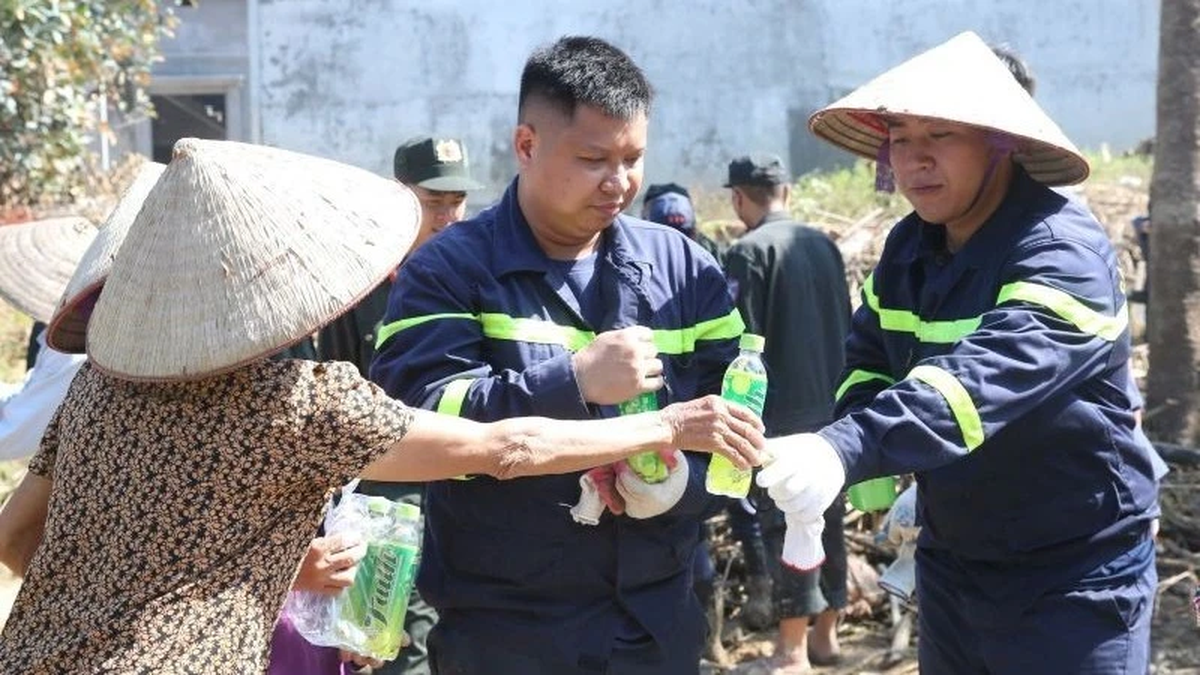
![[Photo] Closing ceremony of the 18th Congress of Hanoi Party Committee](https://vphoto.vietnam.vn/thumb/1200x675/vietnam/resource/IMAGE/2025/10/17/1760704850107_ndo_br_1-jpg.webp)
![[Photo] General Secretary To Lam attends the 95th Anniversary of the Party Central Office's Traditional Day](https://vphoto.vietnam.vn/thumb/1200x675/vietnam/resource/IMAGE/2025/10/18/1760784671836_a1-bnd-4476-1940-jpg.webp)
![[Photo] Collecting waste, sowing green seeds](https://vphoto.vietnam.vn/thumb/1200x675/vietnam/resource/IMAGE/2025/10/18/1760786475497_ndo_br_1-jpg.webp)

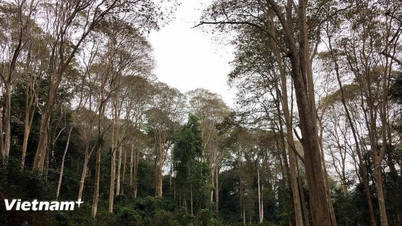

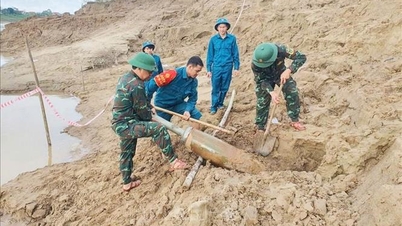

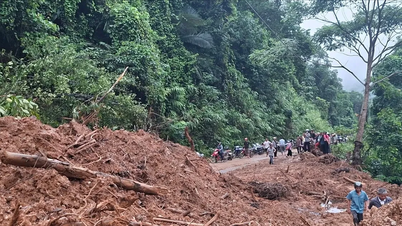

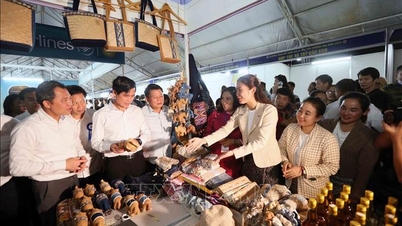


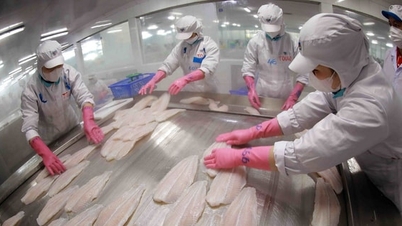
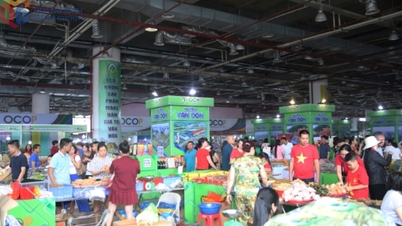



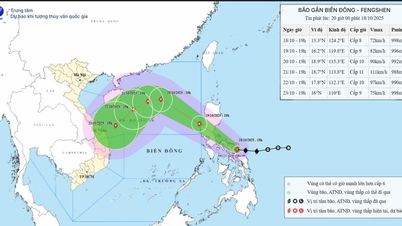
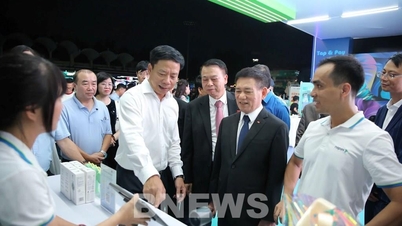



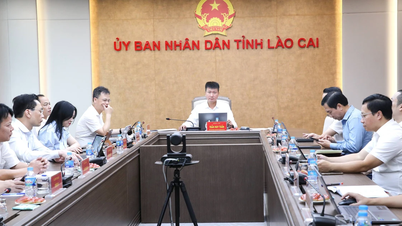





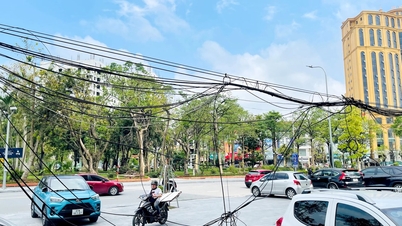

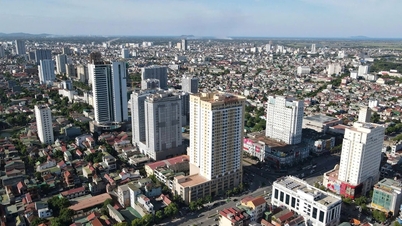
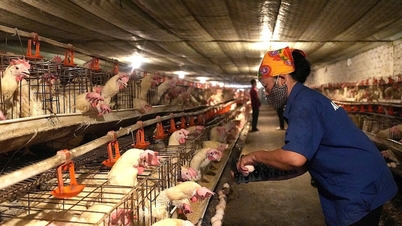


















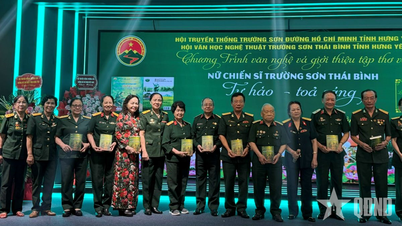




















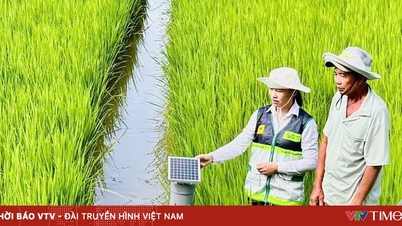











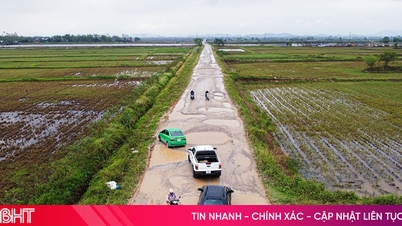

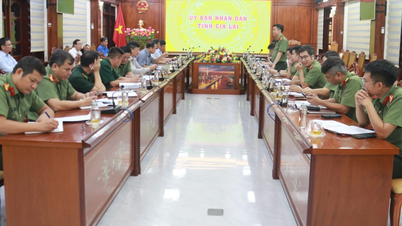
















Comment (0)